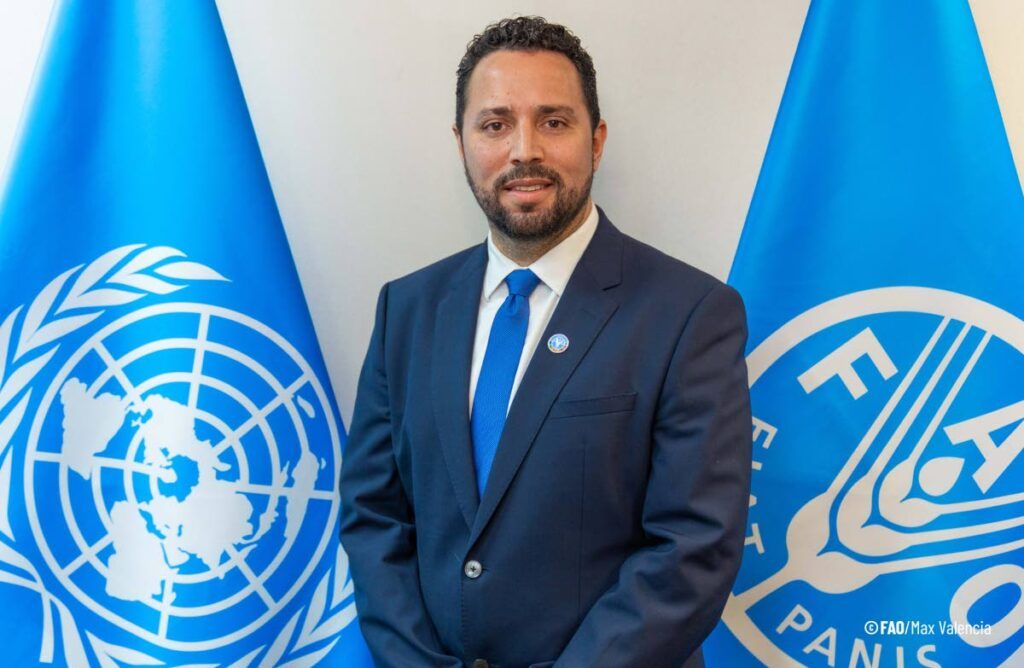Combating illegal, unreported, unregulated fishing: Protecting our oceans

JAVIER VILLANUEVA
ON JUNE 5, two highly relevant days are commemorated, strongly connected to the sustainability of fishing: World Environment Day and the International Day for the Fight against Illegal, Unreported and Unregulated (IUU) Fishing.
IUU fishing represents a significant threat to the sustainability of the oceans, marine biodiversity, coastal communities, and the livelihoods that depend on fishing.
This activity, conducted outside the standards and responsibilities established by international instruments, undermines efforts to conserve and sustainably manage fishery resources.
In Latin America and the Caribbean, around 21.6 million people depend on the fishing sector, highlighting the importance of effectively addressing this issue.
The concept of IUU fishing, adopted through international instruments and national legal frameworks, encompasses broad and complex components that often overlap. This multifaceted nature poses significant challenges in its implementation.
Understanding and operationally defining each aspect is a crucial first step in adopting effective measures that improve fishery management, considering the particularities of legal, management, institutional, operational and governance systems.
For some years now, the Food and Agriculture Organization (FAO) has developed methods to estimate the scale of IUU fishing, responding to the needs of fishing countries seeking to understand the extent of this activity. There are two main approaches:
The first is based on magnitude estimates to mobilise public opinion, political will, technological development, and the financial resources necessary to improve monitoring, control and surveillance systems.
The second approach, focused on indicators, helps fisheries authorities use their data to assess the effectiveness of these systems, identify threats, and ensure that resources are appropriately allocated.
In the region, several countries have taken significant measures to combat IUU fishing. Currently, 15 countries have ratified the Port State Measures Agreement, an initiative promoted by the FAO that establishes a common framework to prevent, deter and eliminate IUU fishing, facilitating information exchange and international co-operation.
Its implementation contributes to more responsible and sustainable fisheries management and currently has more than 100 countries committed globally.
The fight against IUU fishing reinforces the FAO's work agenda and is a component of the Blue Transformation programme promoted by the organisation. This programme highlights the need to sustainably expand aquatic food systems, promote healthy and nutritious diets, foster equitable growth and protect the environment.
In preparation for the Third United Nations Ocean Conference, to be held in France in 2025, Costa Rica hosted the event Submerged in Change on June 7 and 8. A new edition of the FAO's State of World Fisheries and Aquaculture report was launched during this event, emphasising the strategic importance of measures to advance fishery sustainability.
The future of the planet and future generations depend on the actions and commitments we make today together: governments, the private sector, communities and international organisations must work in co-ordination to ensure the sustainability of marine resources.
Only through co-ordinated and sustainable efforts can we ensure that the oceans remain a vital source of food, employment, well-being and livelihood for millions of people in Latin America and the Caribbean. Better production is key to a better environment, better nutrition and a better life, leaving no one behind.
Javier Villanueva is the senior fishery and aquaculture officer for Latin America and the Caribbean of the FAO
Javier Villanueva


Comments
"Combating illegal, unreported, unregulated fishing: Protecting our oceans"